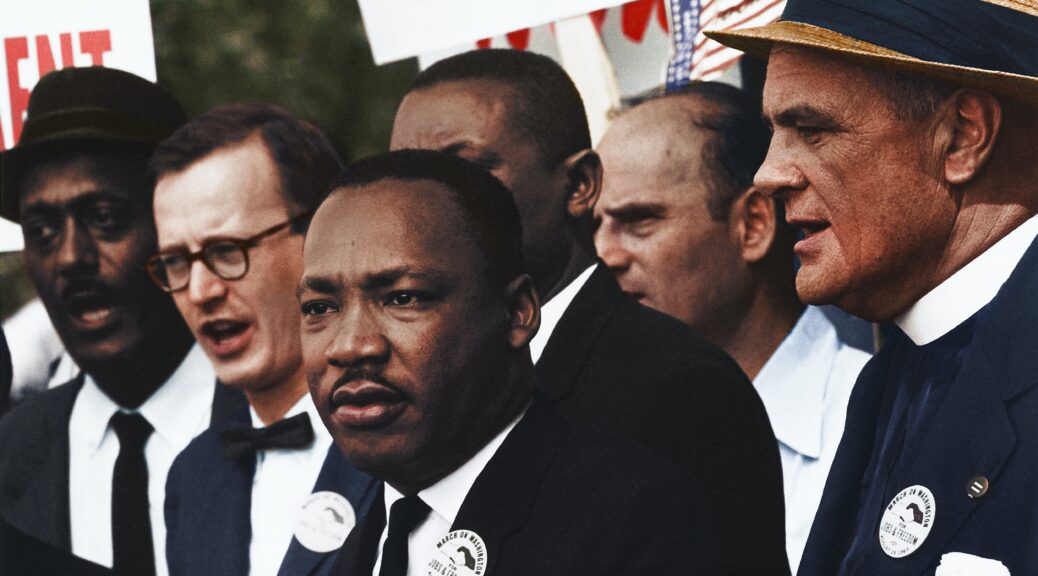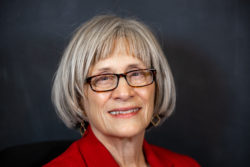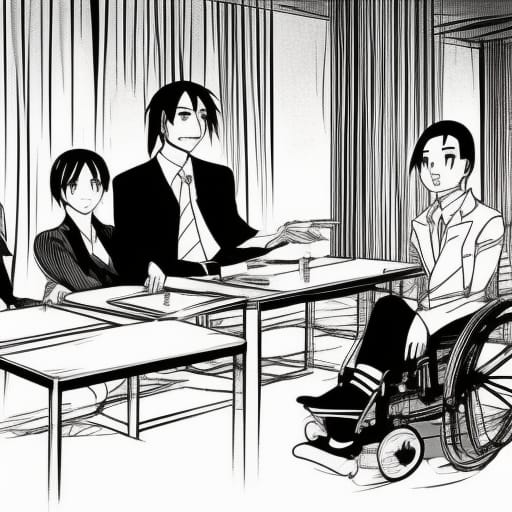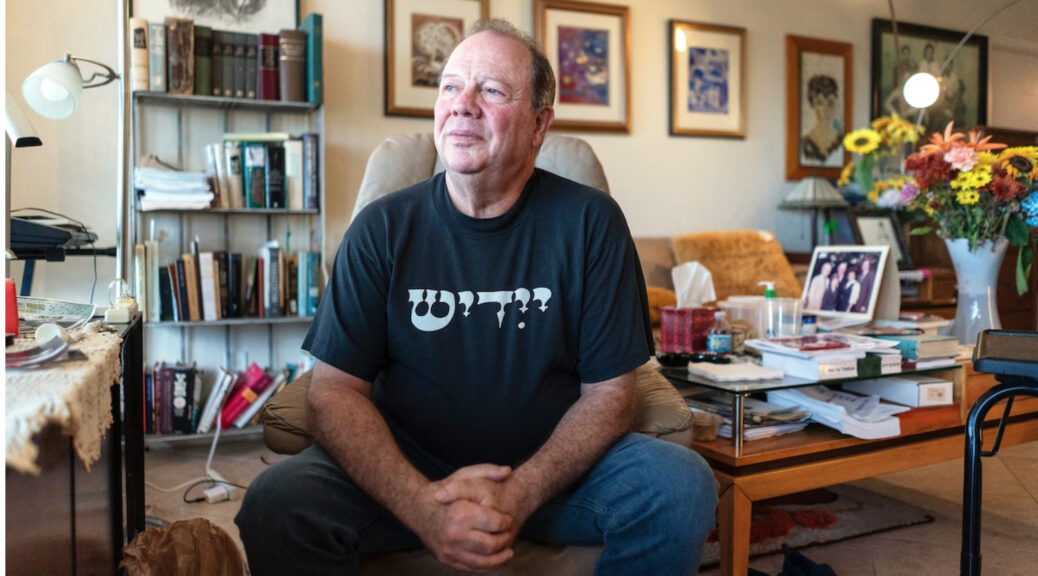Navigating Machines and Race: Shaping Cognitive Diversity and Innovation
We are at the threshold of a new era where diversity, equity, and inclusion will leap beyond biology into an interaction with Artificial Intelligence (AI) and Robotics. We are at a stage where robots mimic human motions, AI voices converse and learn, and technology pushes the boundaries of our understanding. We are witnessing the breakthroughs of innovation advances: quantum computing redefines reality, genetic engineering rewrites the code of life, and self-driving cars reimagine mobility. But it is the cognitive diversity introduced by AI and robotics that truly compels us to redefine our concept of “different.”
Continue reading Embracing Unique Thinking Styles – by Lee Webster








